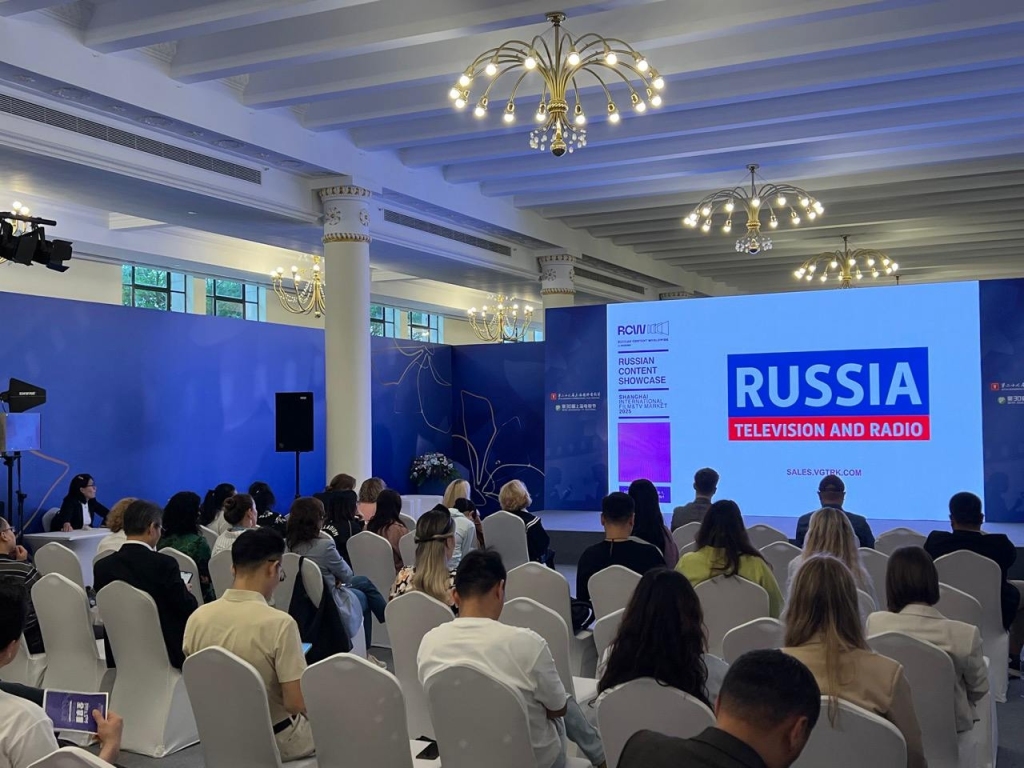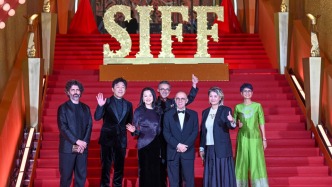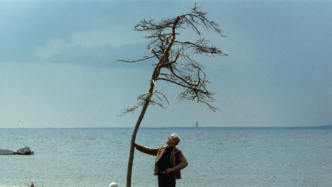

The Shanghai International Film Festival established the "4K Restoration" unit in 2014, dedicated to showing the latest achievements of world film restoration to Chinese audiences. Since its establishment, it has screened a number of film restoration masterpieces from all over the world every year, which are deeply loved by audiences and praised by professionals. This year marks the 10th anniversary of the "4K Restoration" unit, and the screening list is even more exciting, and there are many works with special significance. Two batches of film lists have been announced before, and today the last batch of films in this unit is announced, totaling seven films, including the representative works or posthumous works of several masters, which are:
Tess (1979)
Tess
Roman Polanski
Highlights:
Nastassja Kinski's blockbuster hit
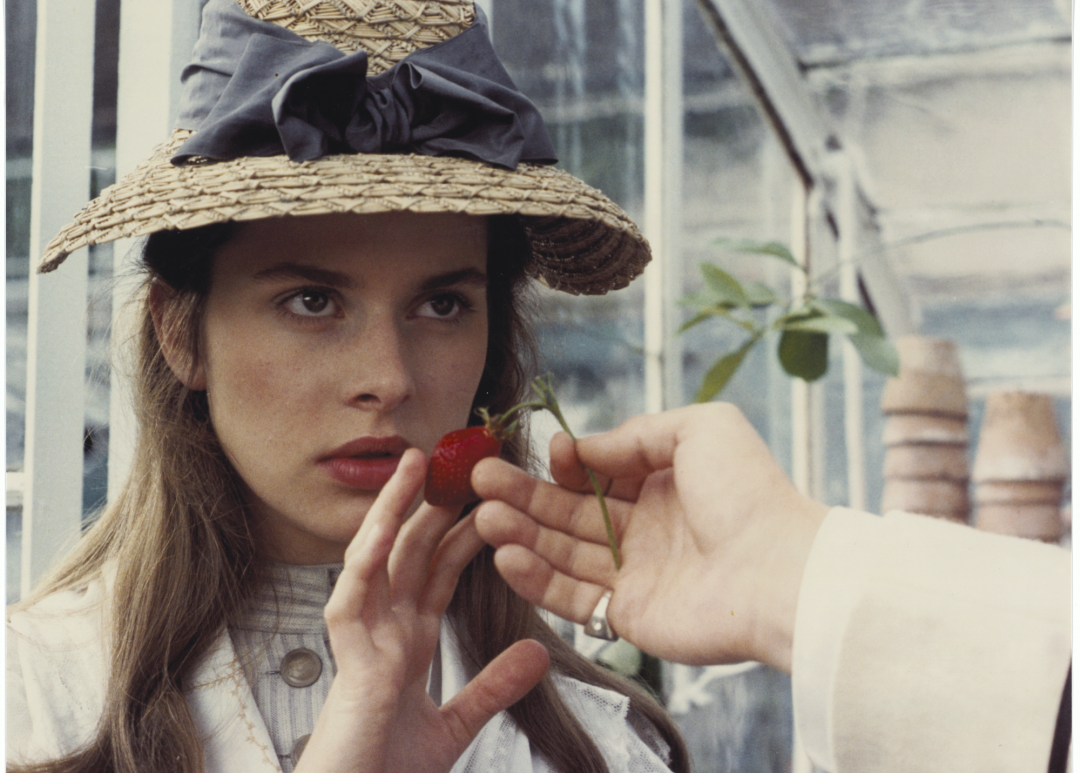
A small town in Victorian England, an innocent young woman, and an insurmountable class tragedy. This film is a classic work by Roman Polanski, adapted from Thomas Hardy's book Tess of the D'Urbervilles. As the posthumous work of British photography master Geoffrey Unsworth (2001: A Space Odyssey), the film won the Oscar for Best Cinematography with its natural light and shadow like an oil painting. The real shining star in the film is undoubtedly Nastassja Kinski, who perfectly interprets Tess with unique temperament, lonely personality and helpless situation. Polanski dedicated the film to his wife Sharon Tate, who was killed by the Manson family in 1969. It was Tate who recommended Hardy's original work to her husband for adaptation before her death. This plot later appeared in Quentin Tarantino's Once Upon a Time in Hollywood. When the Shanghai International Film Festival first created the "4K Restoration" unit in 2014, this film was listed. Ten years later, lucky fans will have the opportunity to relive this classic 4K restoration version on the big screen again.
The Pianist (2002)
The Pianist
Roman Polanski
Highlights:
A World War II survivor's epic
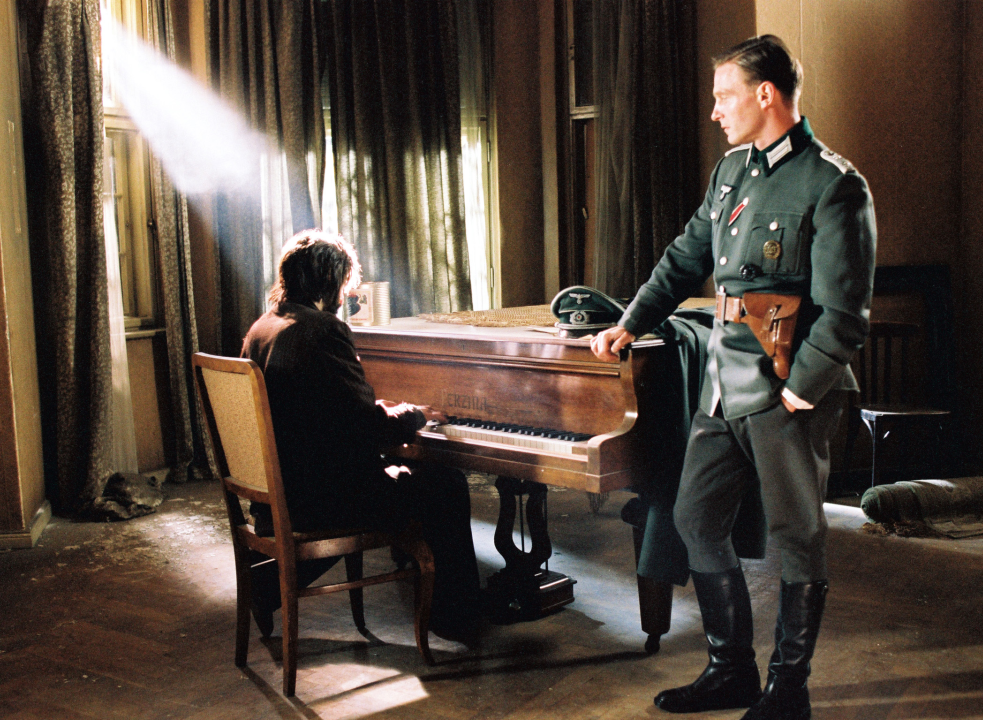
As an exceptional work in the career of thriller film master Roman Polanski, this film tells the poignant story of a Jewish pianist who was displaced but unexpectedly survived during World War II from an autobiographical perspective. He was separated from his family at the beginning of the war, and narrowly escaped the fate of dying in a concentration camp. He survived on the front line under the protection of kind-hearted Poles, and eventually won the favor of a Nazi officer due to his piano talent. Polanski presented the truth about survival in a calm and restrained tone, without beautifying, sensationalizing or sublimating it. His calmness in the face of the dark facts, on the contrary, aroused unanimous emotional resonance among audiences around the world, and became a classic work on the theme of the Jewish Holocaust. The film won the Palme d'Or at the 55th Cannes Film Festival and won three major awards at the 75th Academy Awards: Best Director, Best Actor and Best Adapted Screenplay. The 4K restoration completed last year will be screened at the Shanghai International Film Festival.
Carmen (1983)
Carmen
Carlos Saura
Highlights:
Carlos Saura's passionate work is presented in stunning 4K
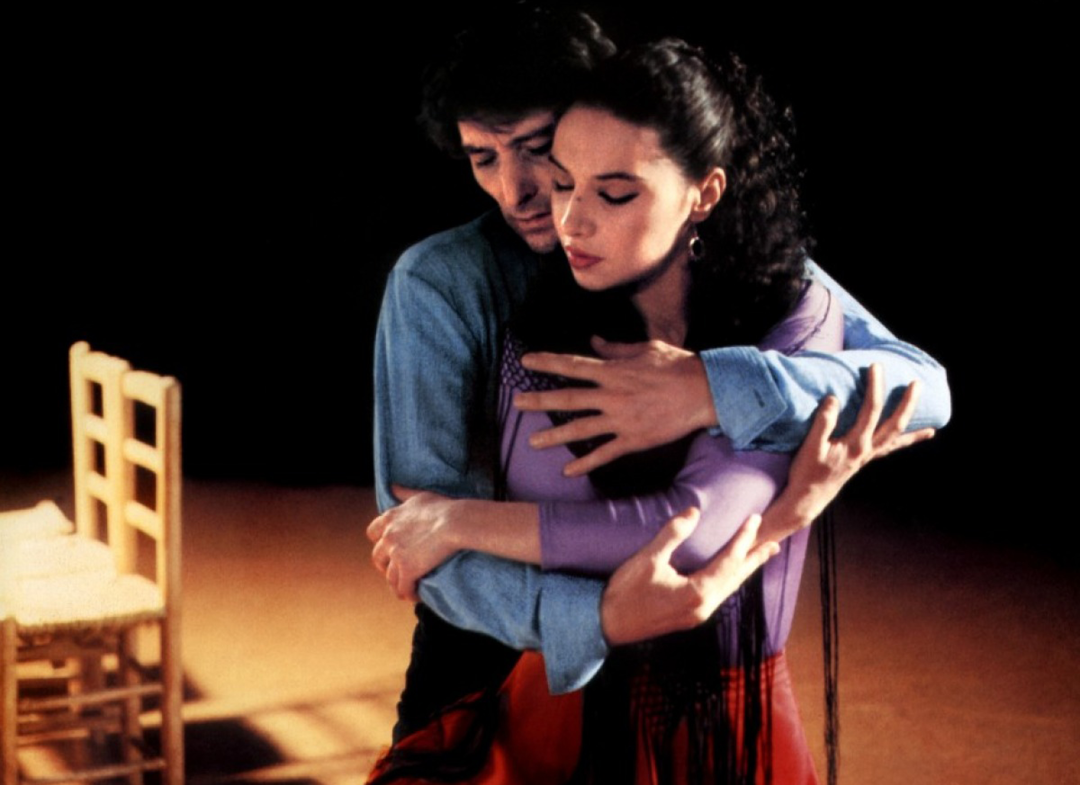
A group of young flamenco dancers are rehearsing Bizet's masterpiece "Carmen". During the rehearsal, choreographer Antonio is gradually attracted by the temperament of the lead female dancer Carmen, but Carmen inevitably falls in love with someone else. The entanglement of love and desire makes the story between Antonio and Carmen blur the difference between rehearsal and dance, and they seem to have become characters in the play... Just as Spanish society was in a state of change in the 1980s, Carlos Saura changed his directing style and focused on filming dance-themed films. In 1981, he collaborated with Antonio Gades, a famous dancer and choreographer of the same generation, to produce the popular "Flamenco Trilogy": "Blood Wedding" (1981), "Carmen" (1983) and "The Magician of Love" (1986). Among them, "Carmen" can be said to be Saura's most representative and highest-grossing film, and it has won him a global reputation. It was nominated for the 56th Academy Award for Best Foreign Language Film, and won the Best Artistic Contribution Award and Technical Award at the 36th Cannes Film Festival. The latest 4K restored version of the film to be screened at the Shanghai International Film Festival restores the style of Saura's original work to the greatest extent.
Sacrifice (1986)
Offret
Andrei Tarkovsky
Highlights:
Bergman "cooperated" to complete the pinnacle of Tatiana's aesthetics
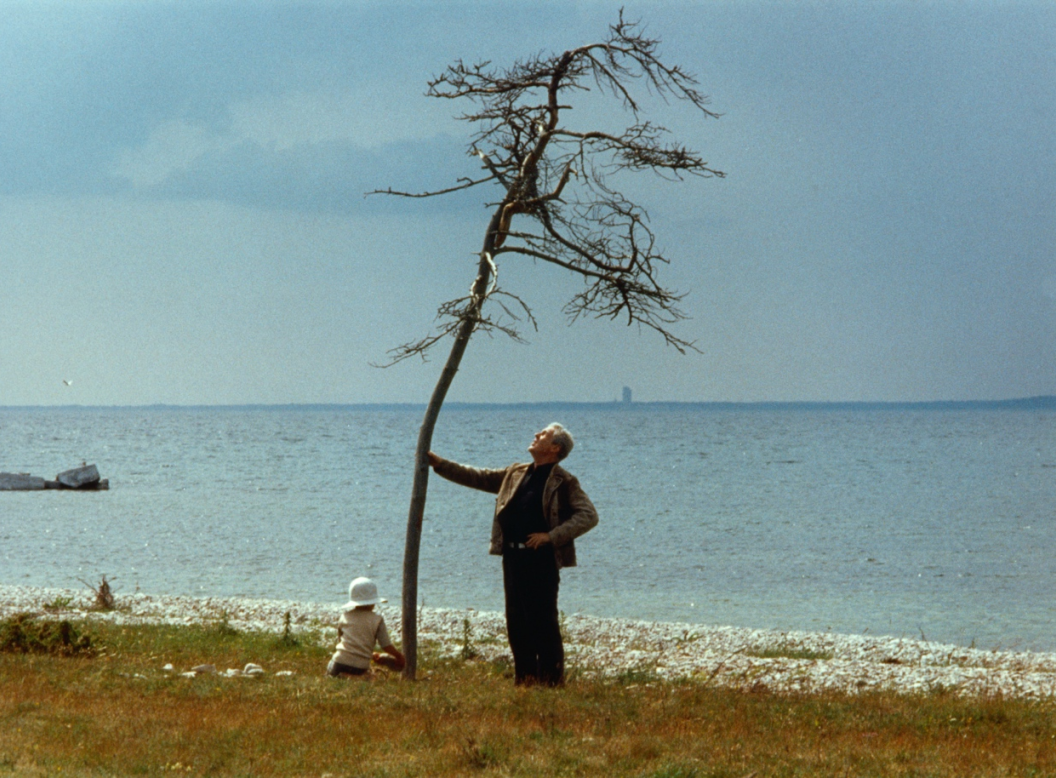
Alexander was an actor, philosopher and critic who often expressed his concerns about the lack of spirituality in human beings to his young son. On this day, he was celebrating his 50th birthday at home, and the news of the outbreak of World War III came on the radio. In despair, Alexander prayed to God that he was willing to sacrifice everything in exchange for peace... Andrei Tarkovsky's last work "Sacrifice" was completed a few months before he died of cancer at the age of 54. The film powerfully combines the protagonist's ruthless life trajectory with a call for reflection on modern human life. It is worth noting that Tarkovsky shared many of Bergman's film production teams in this work. The male protagonist Alexander was played by Erland Josephson, Bergman's long-time actor, and the photographer was Sven Nykvist, who Bergman had worked with for a lifetime. "Sacrifice" is the final and heroic visual testament that embodies the culmination of Tarkovsky's aesthetics. The latest 4K restored version of the film premiered in the classic section of this year's Berlin Film Festival. The Shanghai International Film Festival screened the film at the 2016 "Nostalgia for Film: Tarkovsky" retrospective, and this time it will bring the latest 4K restored version to the audience.
Gladiator (2000)
Gladiator
Ridley Scott
Highlights:
Russell Crowe and Joaquin Phoenix face off
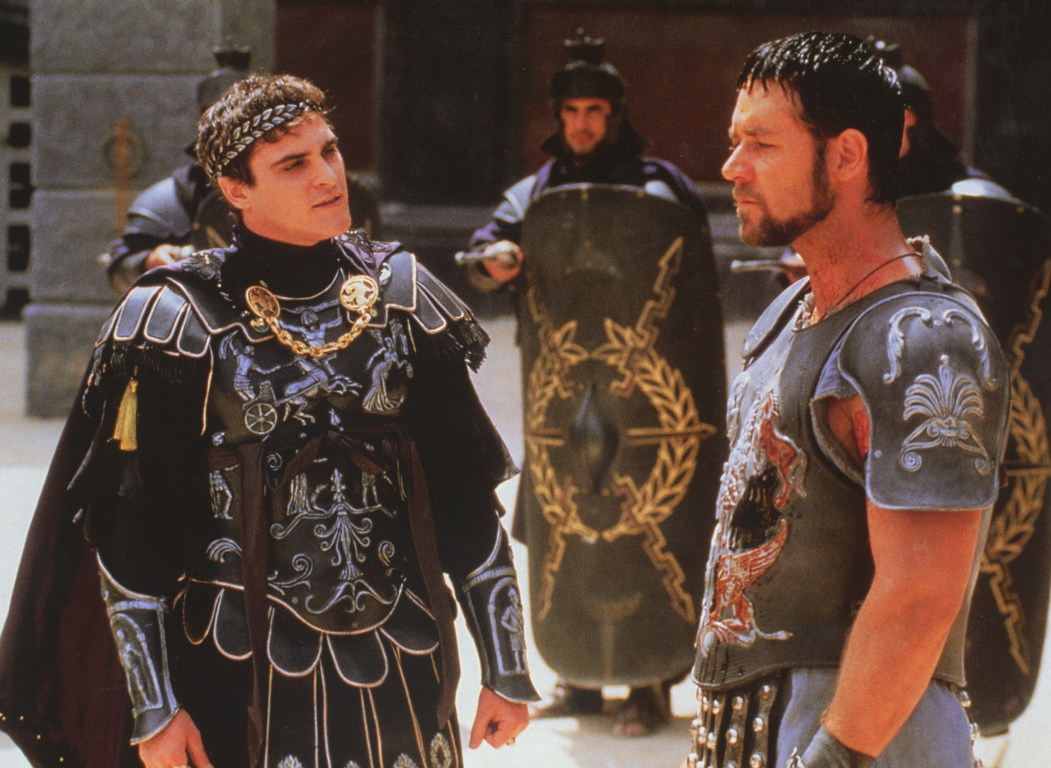
In 180 AD, at the end of the heyday of the Roman Empire, General Maximus, who led the army to conquer Germany, was brave and good at fighting, and was deeply appreciated by the old emperor Marcus Aurelius. The ambitious prince Commodus was jealous and uneasy, so he conspired to kill his father and killed Maximus' beloved wife and children. Not long after, Maximus, who was sold to North Africa as a slave, returned to Rome as a gladiator with his strong strength, vowing to avenge his family. Ridley Scott's masterpiece not only revived the epic film genre in the new century, but also analyzed the "epic": the opening war scene was just an appetizer, and the tyrant Commodus staged a bloody fight in the Colosseum to capture people's hearts. In the thrilling battle for survival, the real cruelty of the spectacle of war as a form of entertainment was buried. Before the release of the sequel "Gladiator 2" directed by "Thunder God" and starring Paul Mescal this year, come to the big screen to relive this classic that won five Oscars in the highest standard of 4K restoration, and of course there will be a duel between Russell Crowe and Joaquin Phoenix as the two best actor.
Perfect Blue (1997)
Perfect Blue
Kon Satoshi
Highlights:
The first film by Satoshi Kon, a rising star of the directorial field
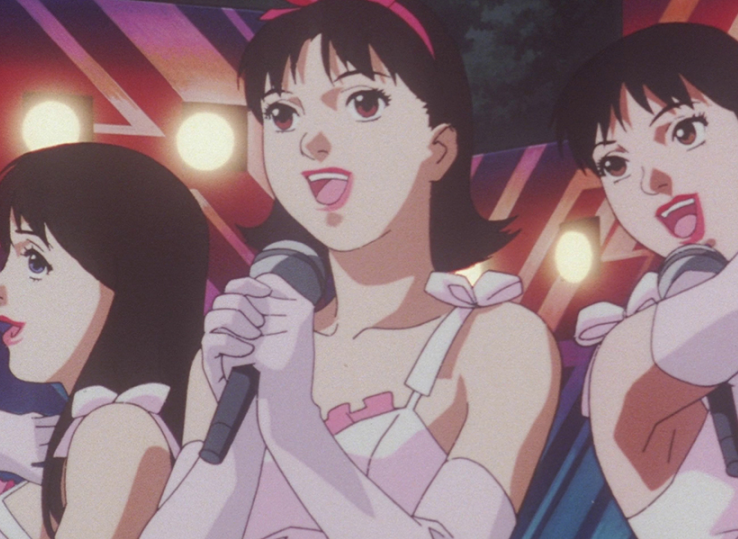
The teenage idol Mima Kirikoshi leaves her idol group and tries to transform into a professional actress. She is under tremendous pressure to complete all kinds of unexpected tasks, and her popularity is increasing day by day. However, as a series of chaotic events happen around her, her life falls apart. This film is the first animated feature film directed by animation master Satoshi Kon, and it is also the starting point of his legendary career. Although it did not achieve great success at the box office, it has gained a high reputation around the world for its curious themes and unique style and audio-visual language. It has become a cultural symbol and has influenced many creators such as Darren Aronofsky. Last year was the 25th anniversary of the release of this film. The production company MADHOUSE also celebrated its 50th anniversary of its founding. It re-screened the latest 4K restored version of this masterpiece in Japan, which received a very good response.
Paprika (2006)
Paprika
Kon Satoshi
Highlights:
The latest 4K presentation of Satoshi Kon's last work

This film is adapted from the classic science fiction novel of the same name by Japanese science fiction master Yasutaka Tsutsui. It revolves around an advanced device that can share dreams with others, depicting the battle between the dream-stealing detective "Paprika" and nightmare terrorists. The animation wizard Satoshi Kon, who died young, has been brewing for nearly ten years. In this posthumous work that is the culmination of his career, he has used his life's skills to create a magnificent world that shuttles between dreams, subconsciousness and reality with traditional hand-painted techniques combined with a large number of CG special effects. The film was shortlisted for the main competition unit of the Venice Film Festival, making him another Japanese master who has been shortlisted for the main competition unit of the world's three major film festivals with animated films after Hayao Miyazaki and Mamoru Oshii. The film was screened in the "Tribute to the Masters" unit of the 2020 Shanghai International Film Festival. This year, it will bring the latest 4K restoration version of Sony Pictures to movie fans. Please be the first to try it.
Tickets for this year's film festival will go on sale on the Tao Piaopiao platform at 12 noon on June 7. Screenings outside Shanghai (Nanjing, Suzhou, Hangzhou, Ningbo, and Hefei) will go on sale online at 12 noon on June 8.
Note: If the film list changes, please refer to the actual schedule.

